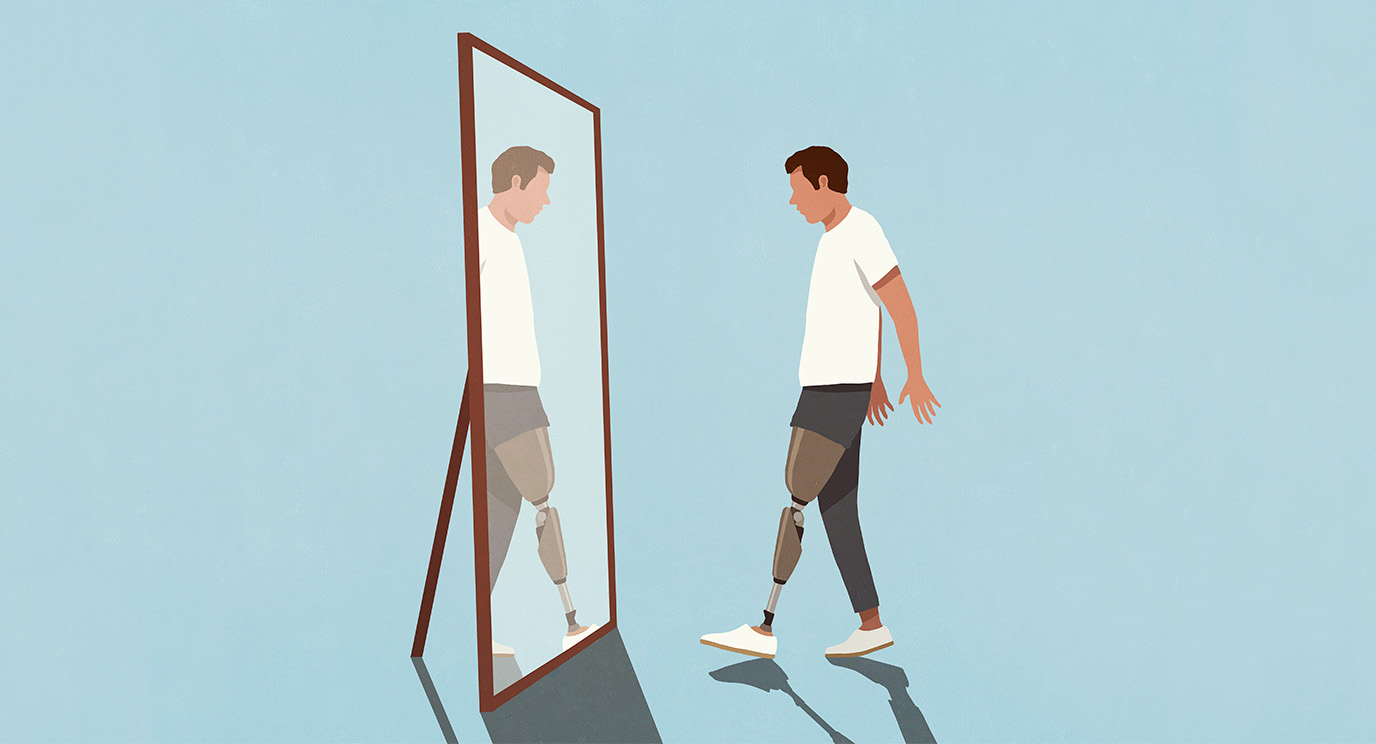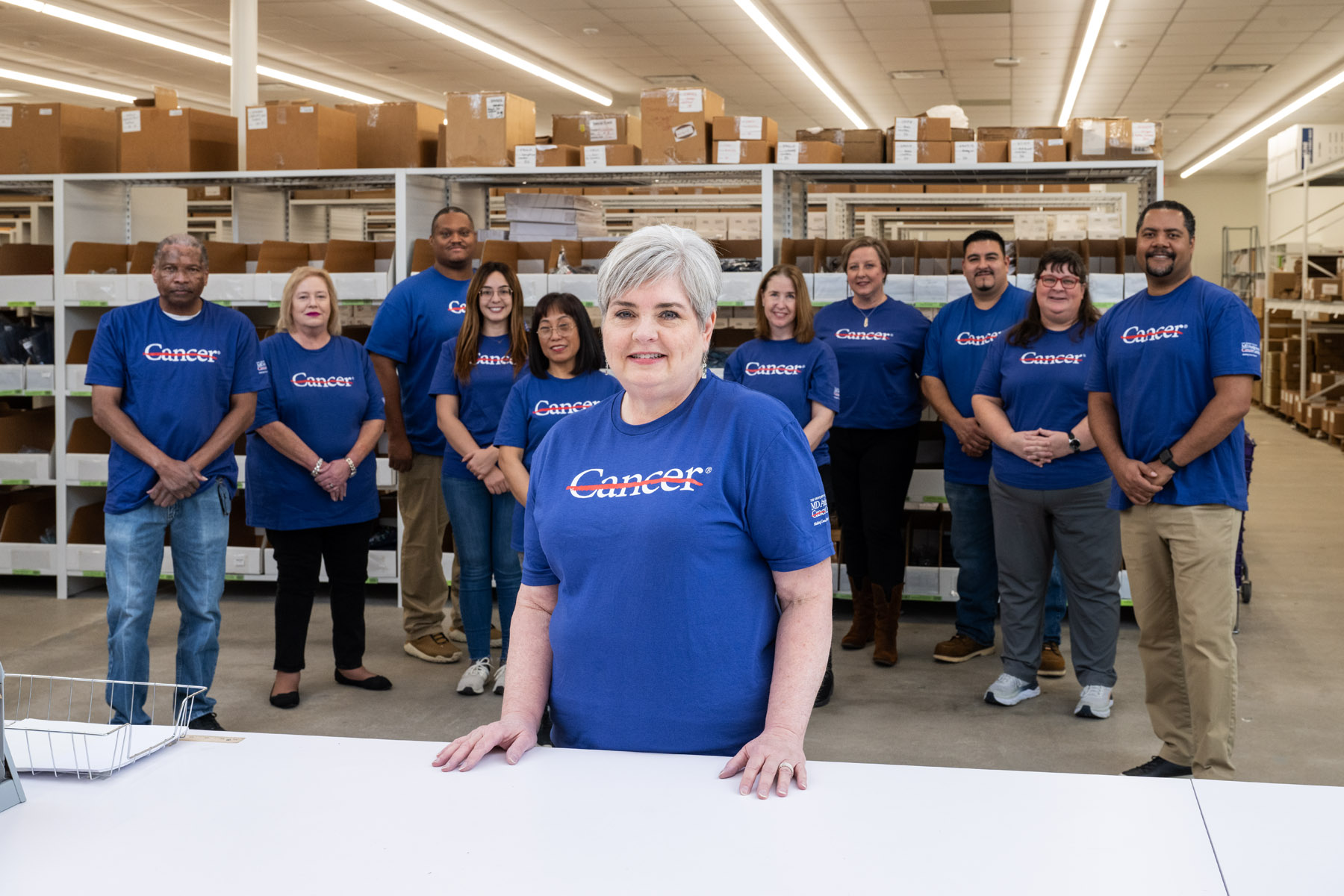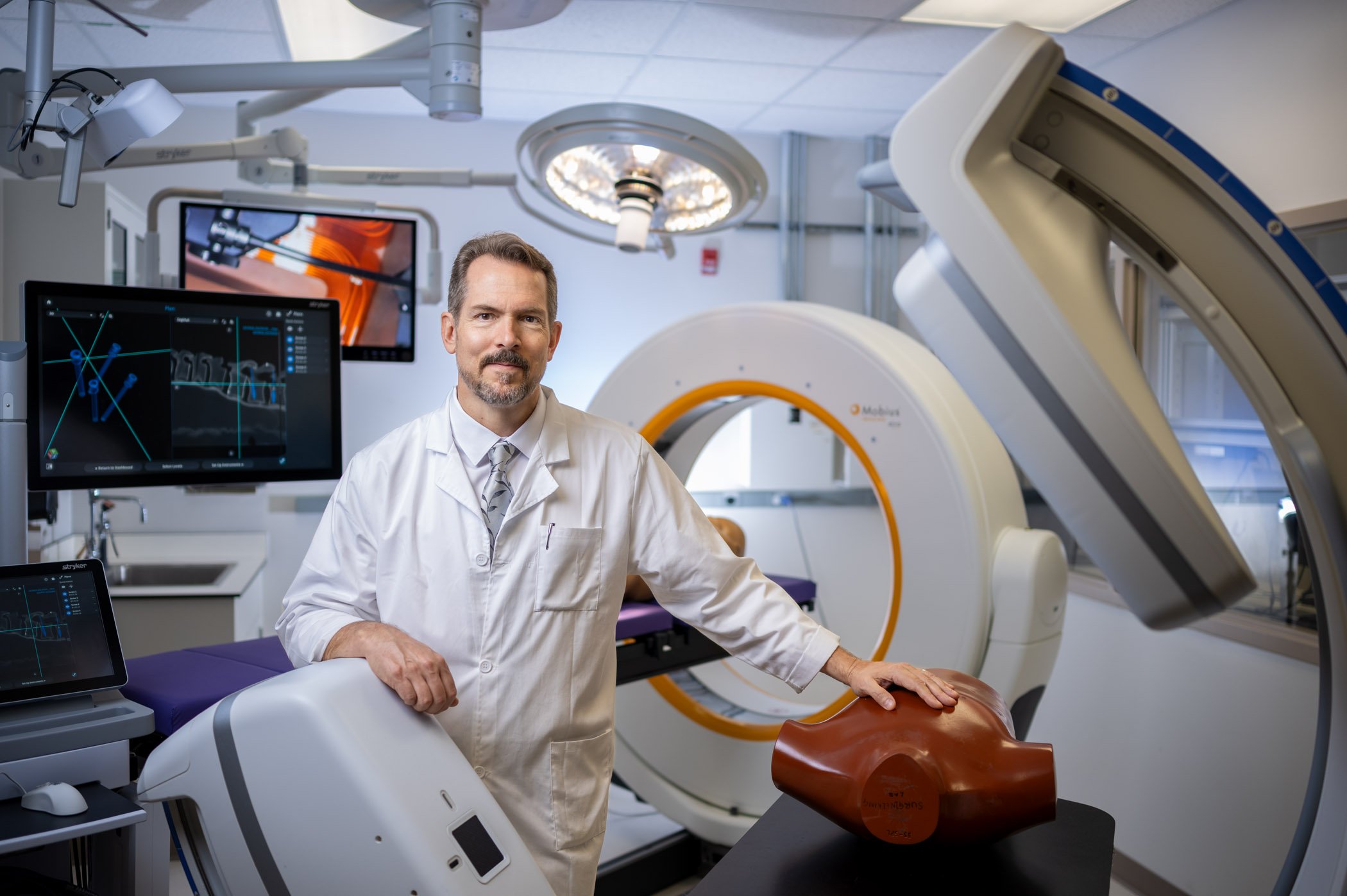- Diseases
- Acoustic Neuroma (14)
- Adrenal Gland Tumor (24)
- Anal Cancer (66)
- Anemia (2)
- Appendix Cancer (16)
- Bile Duct Cancer (26)
- Bladder Cancer (68)
- Brain Metastases (28)
- Brain Tumor (230)
- Breast Cancer (718)
- Breast Implant-Associated Anaplastic Large Cell Lymphoma (2)
- Cancer of Unknown Primary (4)
- Carcinoid Tumor (8)
- Cervical Cancer (154)
- Colon Cancer (164)
- Colorectal Cancer (110)
- Endocrine Tumor (4)
- Esophageal Cancer (42)
- Eye Cancer (36)
- Fallopian Tube Cancer (6)
- Germ Cell Tumor (4)
- Gestational Trophoblastic Disease (2)
- Head and Neck Cancer (6)
- Kidney Cancer (124)
- Leukemia (344)
- Liver Cancer (50)
- Lung Cancer (288)
- Lymphoma (284)
- Mesothelioma (14)
- Metastasis (30)
- Multiple Myeloma (98)
- Myelodysplastic Syndrome (60)
- Myeloproliferative Neoplasm (4)
- Neuroendocrine Tumors (16)
- Oral Cancer (100)
- Ovarian Cancer (170)
- Pancreatic Cancer (164)
- Parathyroid Disease (2)
- Penile Cancer (14)
- Pituitary Tumor (6)
- Prostate Cancer (144)
- Rectal Cancer (58)
- Renal Medullary Carcinoma (6)
- Salivary Gland Cancer (14)
- Sarcoma (236)
- Skin Cancer (296)
- Skull Base Tumors (56)
- Spinal Tumor (12)
- Stomach Cancer (60)
- Testicular Cancer (28)
- Throat Cancer (90)
- Thymoma (6)
- Thyroid Cancer (98)
- Tonsil Cancer (30)
- Uterine Cancer (78)
- Vaginal Cancer (14)
- Vulvar Cancer (18)
- Cancer Topic
- Adolescent and Young Adult Cancer Issues (20)
- Advance Care Planning (10)
- Biostatistics (2)
- Blood Donation (18)
- Bone Health (8)
- COVID-19 (362)
- Cancer Recurrence (120)
- Childhood Cancer Issues (120)
- Clinical Trials (628)
- Complementary Integrative Medicine (24)
- Cytogenetics (2)
- DNA Methylation (4)
- Diagnosis (230)
- Epigenetics (6)
- Fertility (64)
- Follow-up Guidelines (2)
- Health Disparities (14)
- Hereditary Cancer Syndromes (124)
- Immunology (18)
- Li-Fraumeni Syndrome (8)
- Mental Health (118)
- Molecular Diagnostics (8)
- Pain Management (62)
- Palliative Care (8)
- Pathology (10)
- Physical Therapy (18)
- Pregnancy (18)
- Prevention (898)
- Research (392)
- Second Opinion (74)
- Sexuality (16)
- Side Effects (604)
- Sleep Disorders (10)
- Stem Cell Transplantation Cellular Therapy (216)
- Support (404)
- Survivorship (322)
- Symptoms (184)
- Treatment (1776)
Pain medicine specialist: How research helps improve patients’ lives
4 minute read | Published September 12, 2023
Medically Reviewed | Last reviewed by an MD Anderson Cancer Center medical professional on September 12, 2023
Growing up in Clear Lake, Texas, I used to dream of one day working in the Texas Medical Center, with its towering buildings full of exciting science and research.
As a pain medicine specialist at MD Anderson, I’m living out that childhood dream and uncovering ways to relieve our cancer patients’ pain.
Childhood curiosities spark love of research
My parents immigrated to Texas from Pakistan in the 1990s. They have always instilled a strong work ethic in me and my siblings. My mom is a software engineer, and my dad works in finance, so math and science were among my early interests.
During middle and high –school, I spent my summers planning for school science fairs and testing projects and ideas. As a kid growing up on the Gulf Coast, hurricanes were an area of extreme interest. One year I created a project with the idea of diverting a hypothetical hurricane. I theorized that cooling the water in the Gulf could slow a hurricane down; it would only take millions of tons of liquid nitrogen to accomplish this.
Of course, it was just an idea, but projects like this marked the start of my love of research.
Mentorship leads to research success
Heading into college, I knew I wanted to get more experience with hands-on research. I majored in chemistry and minored in inorganic chemistry at the University of Houston.
I had a fantastic mentor who allowed me to work in his lab performing basic science experiments. The summer of my freshman year, I was tasked with trying to prepare compounds to prevent rust on highly precious metals. During the 12-week program, I was only expected to prepare one compound, but I completed eight. It was so exciting to put my skills to use in the lab and solve problems every day.
From there, I participated in MD Anderson’s Summer Experience Program, which was my first taste of the clinical side of research. I loved getting to work at the nation’s No. 1 cancer center, where our research is directly impacting patients with cancer.
After graduating from medical school, I completed my Pain Medicine fellowship at MD Anderson and eventually was hired as a full-time faculty member. Practicing medicine here lets me combine my love of research with patient care and teaching as co-director of MD Anderson’s Pain Medicine fellowship program.
Combining research with patient care
The research I do now reminds me a lot of my summer science fair projects. But instead of hypothesizing about hurricanes or precious metals, I’m using what I know about pain management techniques and cancer patients’ unique needs to help them achieve a better quality of life. There are so many unknowns regarding pain and how it’s caused, so it’s great to be the detective searching for answers for our patients.
One of the most common forms of pain I treat is peripheral neuropathy. This condition is especially common in cancer patients who undergo chemotherapy. This treatment works well to kill cancer cells, but unfortunately, it can also damage healthy cells and lead to pain in the limbs. We understand that chemotherapy causes this pain, but there’s no clear reason why.
My current research focuses on better understanding the mechanism of this type of pain and how to best treat it to offer patients relief. With my research in neuromodulation, I’m working to ease neuropathic pain using spinal cord stimulators and other techniques of pain management.
I’ve seen firsthand how patients who have been taking medication for years to treat pain can resume normal activities and experience less pain after undergoing neuromodulation.
Through my work at MD Anderson, I’m able to provide treatments that may not be available to them at other treatment centers.
I want my patients to feel heard and respected. That’s why I treat them the way I’d want my own family to be treated. Forging these relationships is one of my favorite parts of my job. I’ve developed incredible relationships with my patients, and I’m so grateful to them for supporting and trusting my research. It’s exciting to see the research that I’m doing directly improve my patients’ lives.
Mentoring the next generation of pain medicine specialists
As associate program director of MD Anderson’s Pain Medicine fellowship program, I’m also helping train the next generation of pain specialists.
I love that I’m able to mentor our fellows – much like I was mentored early in my career. And, since I was also an MD Anderson fellow, I know what they’re going through and can help them navigate their post-graduate education.
Managing my clinical and research duties with my fellowship program responsibilities isn’t easy – especially with three young kids at home. I delegate a lot to make sure that everything gets done, both at home and at work. It’s important for me to show aspiring physicians that they can do anything with a strong support system behind them. And at MD Anderson that’s exactly what I’ve found.
Request an appointment at MD Anderson online or by calling 1-855-276-6575.







